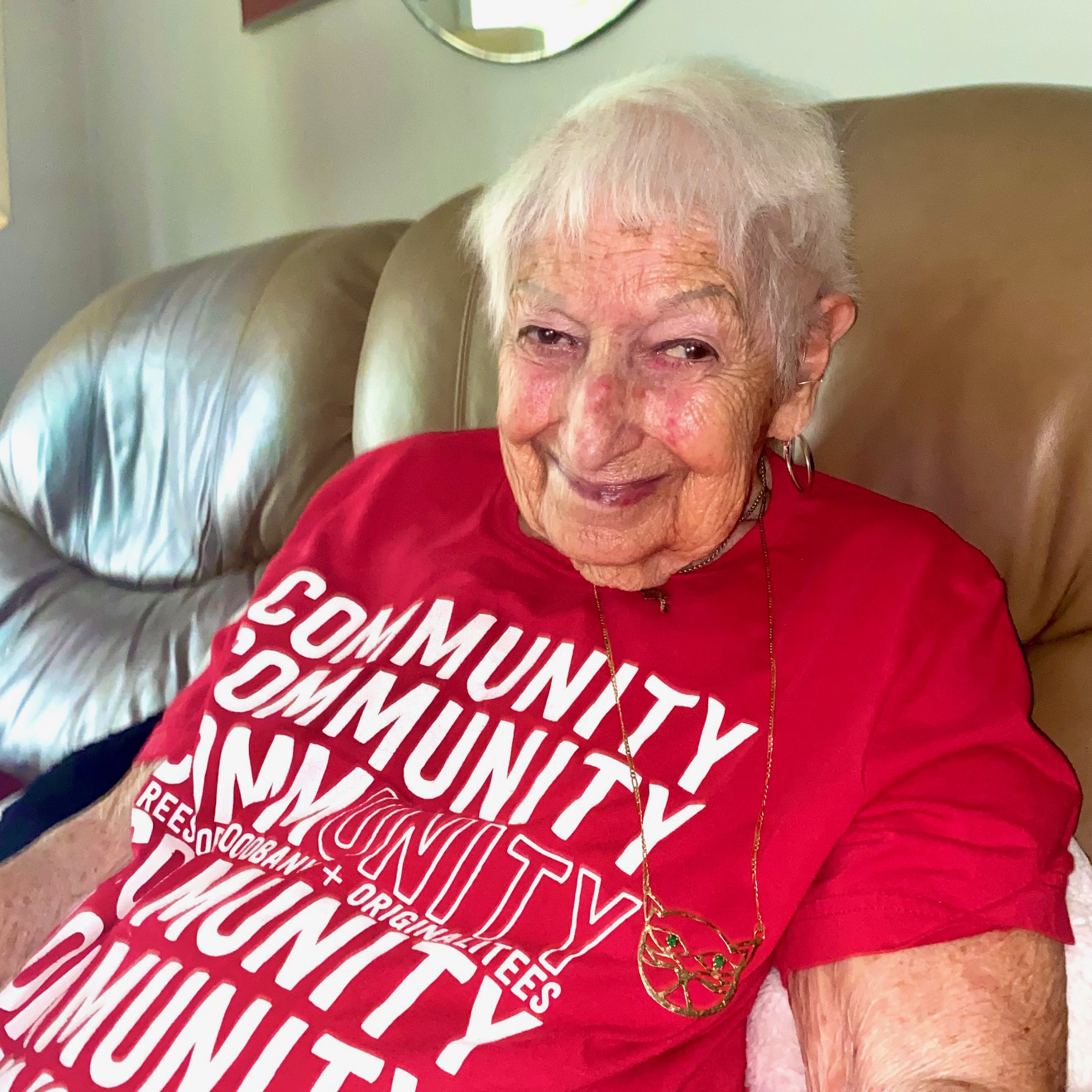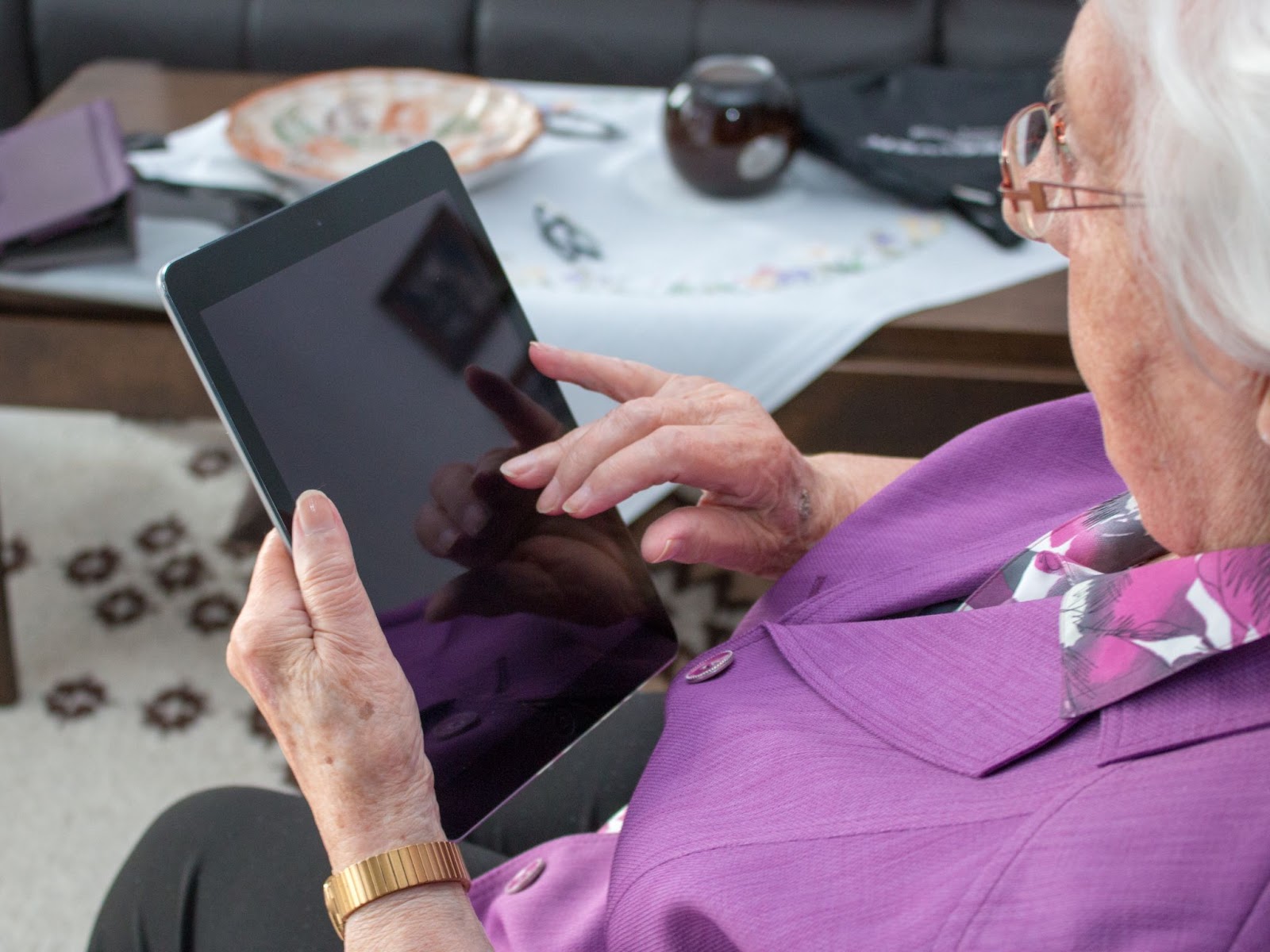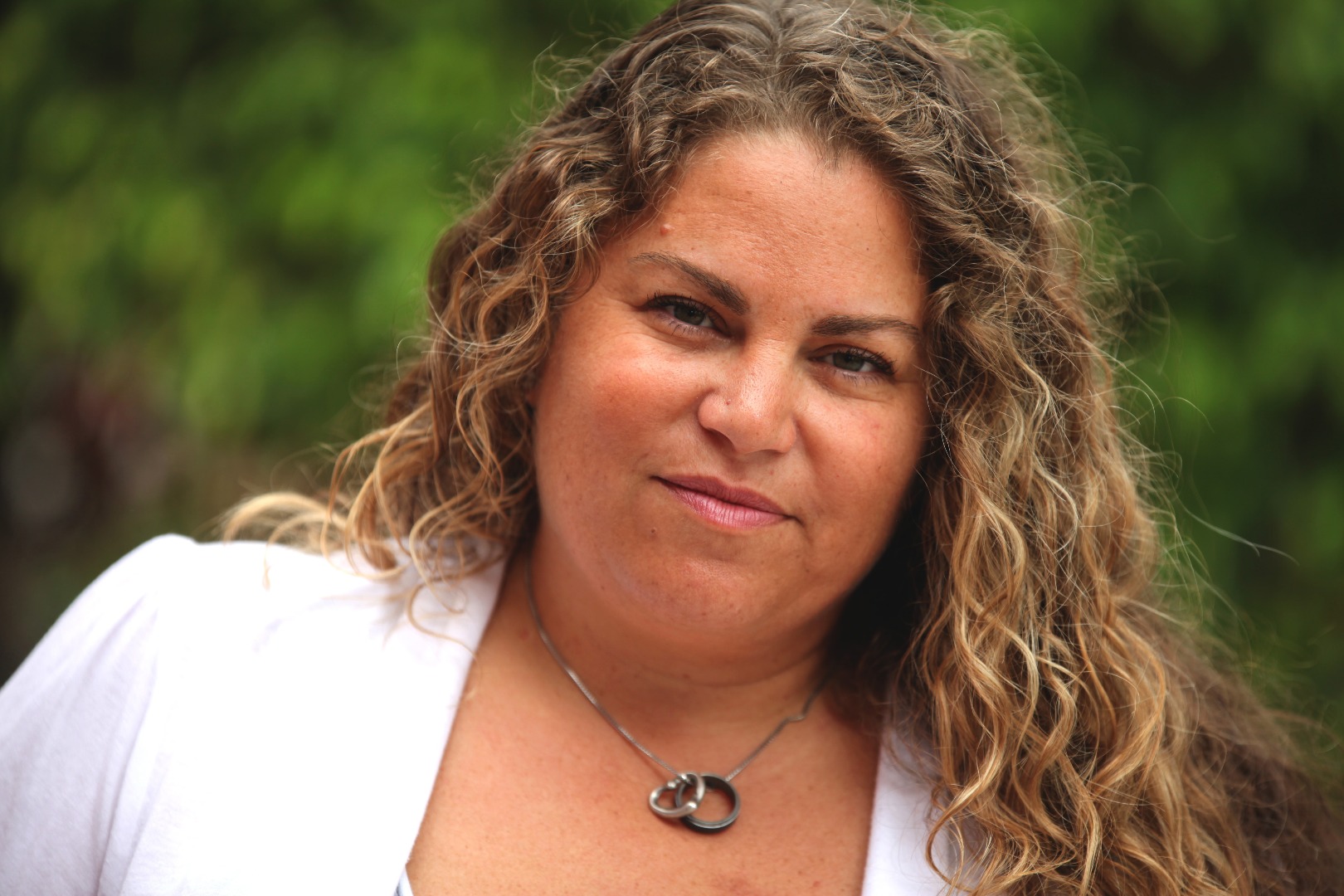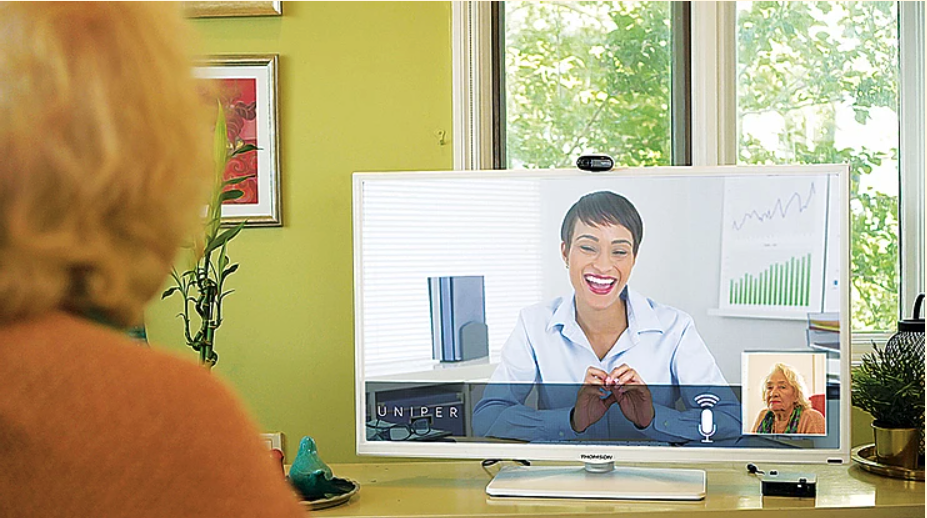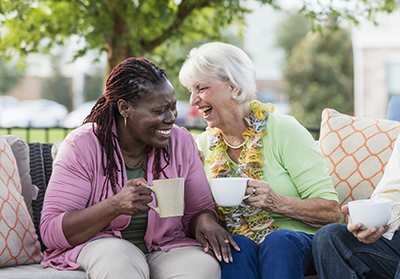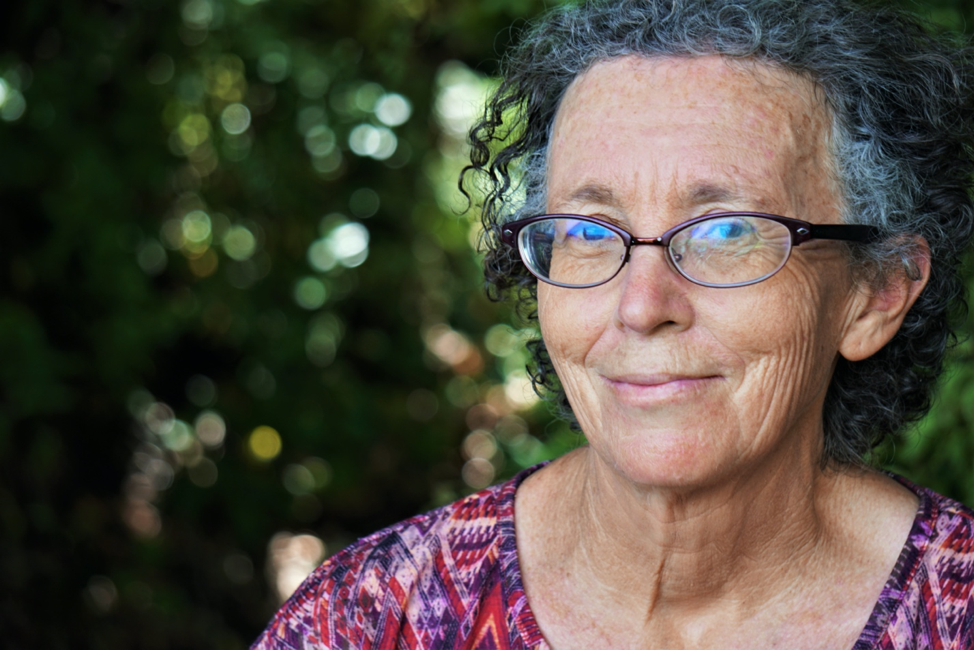Giving & Volunteering · October 21, 2024
Ken Germain is not yet retired, but he recently realized he wanted to devote more time to the Jewish community. World events also played a role. “When war broke out in Israel after the October 7, 2023 massacre, I felt a strong need to do even more for the Jewish People,” Ken said. “My wife, who had a more traditional Jewish background than I did, was very encouraging. Through the years, we have grown more observant, more attached to our Jewish homeland, and more motivated to contribute
Older Adult Services · August 22, 2023
As Fay May was thinking ahead to her upcoming 92nd birthday, she eagerly shared how she was planning for a special ‘Birthday Shabbat’ at Rockdale Temple. “I’ll have to take my walker, of course,” Fay said. “And I have an eye problem, so I can't strike a match. Rabbi Meredith Kahan will have to light the candles on the bimah—so I don't burn the temple down,” she added with a mischievous grin. “And then, I will say the barucha (blessing), and they’ll bring the wine and the challah to my seat."
Counseling & Mental Health · May 12, 2022
May is here, and Cincinnati is green again. It is a time for blossoms, proms, graduations and gowns. But May is also National Mental Health Month—making it a great time to get familiar with the rich mental health resources available to our community. Jewish Family Service (JFS) believes that mental health and physical health are equally important aspects to a person’s well-being.
Older Adult Services · July 25, 2021
Jewish Family Service is ramping up a new program to help isolated older adult community members stay connected to the community virtually. Nicholas Rackers is the new Virtual Programs Engagement Specialist at JFS. He is overseeing a program that provides technology and training to older adult community members so they can better engage with JFS’s online programming and connect with their families and friends.
Crisis Intervention · July 09, 2021
“He was emotionally abusive, and my kids were seeing it and living it,” said Abigail, talking about her ex-husband via Zoom meeting last week, curly light brown hair tucked in a loose bun (identities altered for privacy). Abigail is safe now, thanks to Jewish Family Service and her own resilience. “The day the kids and I left felt like freedom,” she said.
Jewish Family Service (JFS) helps survivors of domestic abuse move from a bad situation into a better one.
Holocaust Survivors · April 16, 2021
“I think without this program, a lot of people would be a lot lonelier,” said Stanley Slomovits over a recent Zoom call. Slomovits was talking about the Uniper Cares program, which connects seniors through live virtual programming.
Seniors from around the country can connect through their TVs and mobile devices to a number of virtual peer-led groups. “I run a current events group where we talk about what’s going on in the news, and I lead an art appreciation group,” he explained.
Older Adult Services · March 15, 2021
Isolation is as bad for you as smoking 15 cigarettes a day. Lonely people are 50 percent more likely to die earlier than those with healthy social relationships. Data from the Health Resources & Services Administration shows more than 3.4 million people struggle with social isolation, loneliness, and living alone—and that was before the onset of COVID-19. More recent numbers show loneliness and social isolation have increased 20 to 30 percent, and emotional distress has tripled during COVID.
Counseling & Mental Health · December 18, 2020
“It was one of my worst times,” says Gloria (identities changed for privacy). The interview takes place in the dining room of her small, freestanding home. There are signs of love all around—lots of green plants in the windows—but dust piles on the flat surfaces, and the curtains are faded. We are talking about when she finally fought free from addiction to pain medicine. (This interview occurred pre-COVID-19; at the end we share how Gloria is faring during the pandemic.)
Giving & Volunteering · April 28, 2020
The COVID-19 pandemic has been stressful and unsettling for many people, but it has been particularly challenging for those already suffering from food insecurity. Recently, dozens of determined Jewish Family Service (JFS) volunteers and staff spent time preparing for and participating in the in the 22nd annual Dr. Samuel S. Rockwern Passover Delivery Project of Jewish Family Service. Perhaps inspired by a desire to fulfill a mitzvah (commandment), the dedicated individuals helping with this
Crisis Intervention · June 10, 2019
As adults get older, they can become more vulnerable to scams and different types of abuse—sometimes from those whom they trust. The statistics show this is a pervasive problem, which is becoming increasingly common. Elder abuse has been recognized as a largely hidden public health problem that affects five million, or one in ten older Americans aged 60 and older, every year, according to the National Council on Aging. Globally, an estimated 141 million older adults have experienced elder abuse.


